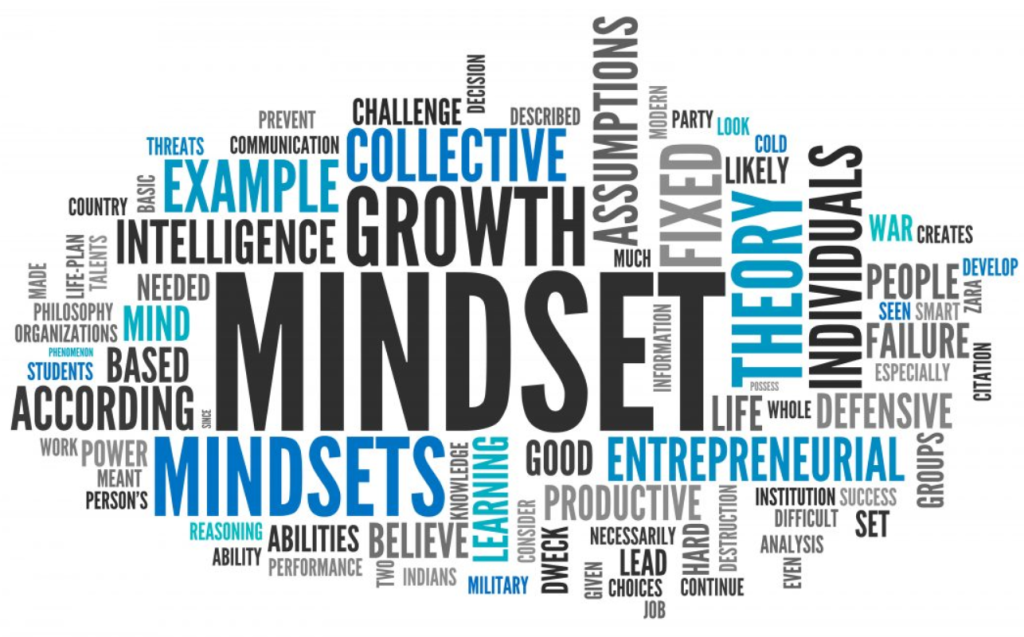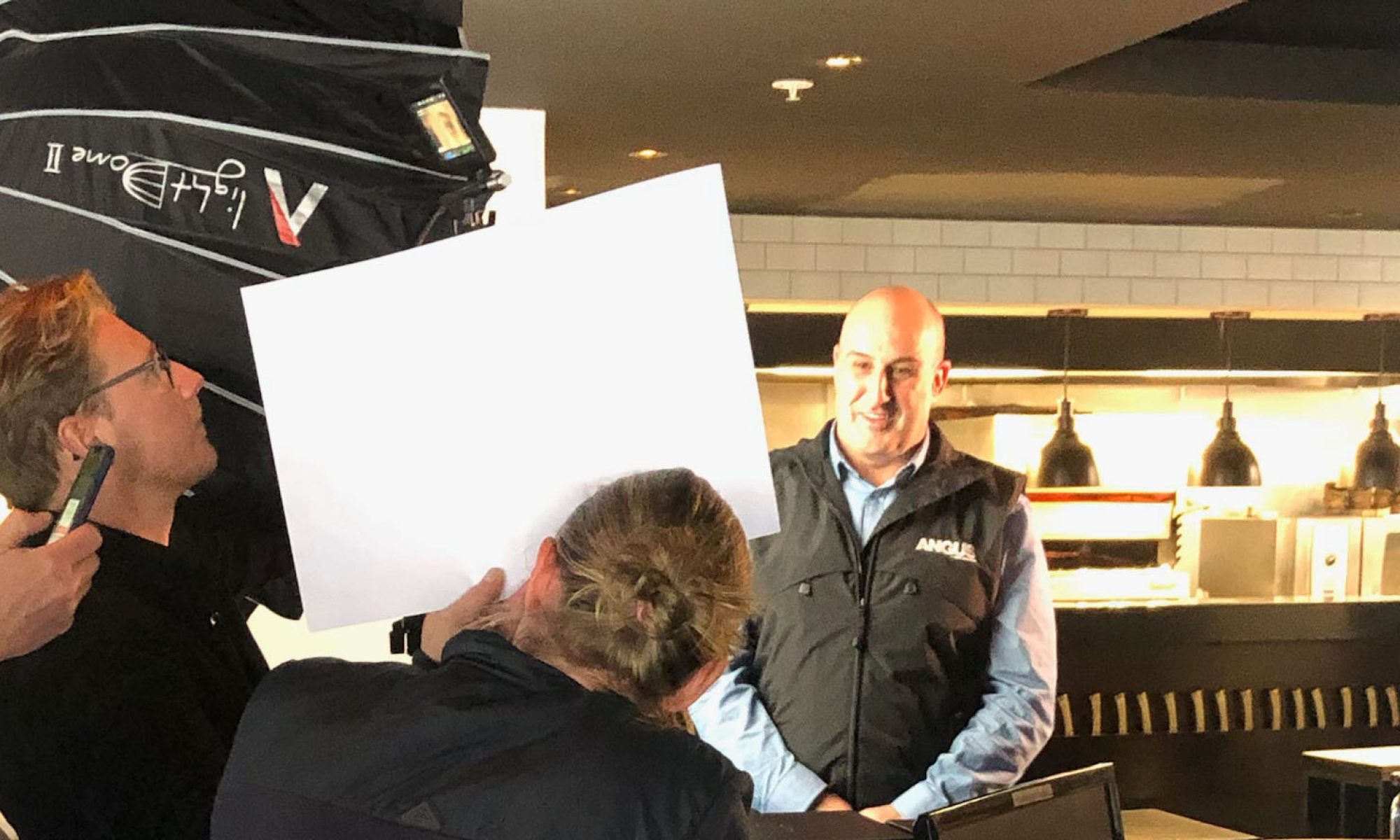I find myself talking about mindset a lot these days. In board meetings, with founders, with CEO’s, with Senior Leadership Teams and in one on one executive leadership coaching sessions. Why? Because it seems being intentional about your mindset is not common in the business leadership environment.
In elite sport & in military leadership mindset is all important and actively part of the coaching agenda. Those with a growth mindset, who can learn from and build on mistakes tend to progress to excellence and certainly are more resilient to set backs/failure.

Common mindsets to challenge in the business environment;
- Being Reactive. The feeling and frustration of being constantly reactive. This is usually created by a lack of a structured framework for leading. Regular strategic thinking time, time with the team in the field, time with strategic customers and relationships of the business, one on ones with direct reports, professional development and reading (and many other important things) are not locked down in calendars. When well meaning team members look to bring you in on meetings there is nothing blocked out. You become reactive yet you are the only one who can change this.
- The founder mindset. Most understand that what has got the company to this point in time won’t get it to the next level and despite investing in governance, professional advisers and management leaders they continue to stick to the familiar/ original narrative. By holding on too tight, conversations are shut down, new ways & opportunities are discounted before being explored fully and either adopted, adapted or discounted. The frustration of never getting a return on those investments grows despite knowing a return to status quo is not the answer either.
- The new Team Leader Mindset. New team leaders are promoted based on merit and then are not mentored to understand that not only do they set the example for behaviours, their role now includes some really high value and critical tasks. Things such as planning ahead, anticipating problems, contingency planning, front footing conversations about poor performance behaviours etc are often never taught, prioritised and therefore don’t get done consistently.
- The “backward” looking governance mindset. Boards start with and prioritise the historical performance of the business instead of being curious about the future strategic objectives. Supporting the CEO and executive team to break through key blockages and to wrestle down the big challenges to ensure the future success of the business is the most impactful and key role of directors.
- The “I don’t read books” mindset. Reading books is just one way to absorb information in a world of audio books, video content and digital tools. Most things in business have been done before so a learning and inquiring mindset allows anyone to access excellent tools, ideas, tips and experience often at no cost.
- The “I’m too busy to take time out to reflect mindset”. Never reflecting on why things keep happening in a certain way. Reflecting and learning lessons from each key projects, staff interactions etc is key to ensuring a leader gets better and better each time. Many leaders never reflect on why they keep getting the same results and often because they are too busy.
- The “we are different to any other business” mindset. Some leaders and founders feel that their business is so unique, technical, or challenging that business lessons from other industries cannot be applied to their situation. In fact every business on the planet involves leading clever teams of people to deliver great product/services to paying customers with the intent to make some level of profit. So it stands to reason there are many similarities and therefore ideas and tools that can be explored and applied no matter what you do.
A growth mindset allows failure but all importantly also to learn from those mistakes and to have the resilience to carry on. New ideas can be kicked around without egos being bruised whilst trying some new ideas, tools, opportunities and ways of delivering a better future outcome. Business is not static, in fact it is a constantly changing and complex environment that requires a growth mindset. New ways of learning, consuming information, banking the stories and lessons of others (so you don’t have to learn it first hand) allow leaders to stay at the top of their game.
How do you constantly challenge your mindset? Do you choose it intentionally based of the many situations you can face across a day or week?





